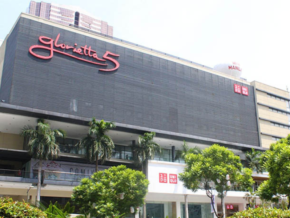A Guide to the MRT, LRT and the PNR
Updated as of June 25, 2019
In the Philippines, traffic can be unbearable especially during rush hour. The trip through Epifanio de los Santos Avenue or EDSA as it is more popularly known, can seem to go on forever.
The numerous taillights from vehicles of all shapes and sizes make EDSA look like a sea of red during the night.
A considerable majority resort to using the rapid mass transport system, which are the MRT (the Manila Metro Rail Transit), the LRT 1 and 2 (Light Rail Transit), and the PNR (Philippine National Railways) to navigate in and out of Manila.
Manila Metro Rail Transit (MRT/ Blue Line)
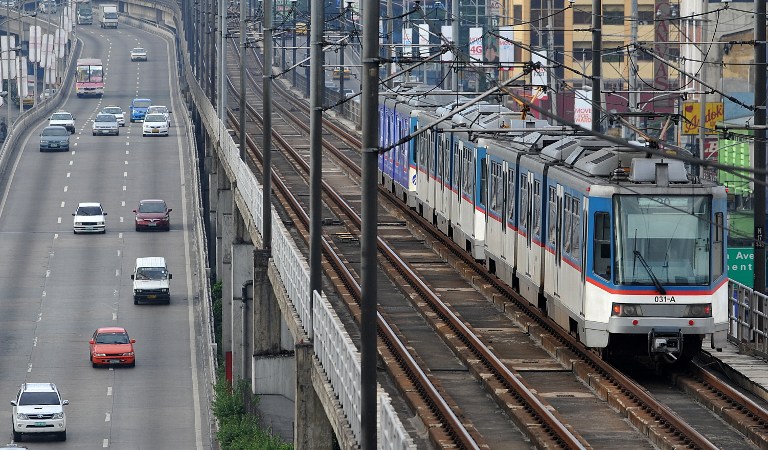 Photo from mrt3.com
Photo from mrt3.com
Designated as the Blue Line, the MRT has been a transport mode available to commuters traveling through EDSA for more than a decade, moving about a million passengers every month. The MRT operates starting from 5 a.m. to 11 p.m.
Riding the MRT costs Php 13 to Php 28 depending on the station you are riding from and where you will alight. The ticket could be either a single trip ticket or the reloadable Beep card. A card costs Php 20 and are used in LRT 1 & 2, MRT 3, P2P buses, and selected bus lines.
Also read: 5 Things You Can Do With Your Beep Card
Light Rail Transit (LRT 1 and 2)
The oldest light rail in the country is the Manila Light Rail Transit (LRT) Line 1, or the Green Line. It’s the second light rail in South East Asia and goes through the cities of Pasay and Manila, with stops in Caloocan and Quezon City.
Also read: Expat’s Guide to LRT-1 Stations in Manila
The LRT-1’s Recto Station connects to the LRT-2 through a bridge.
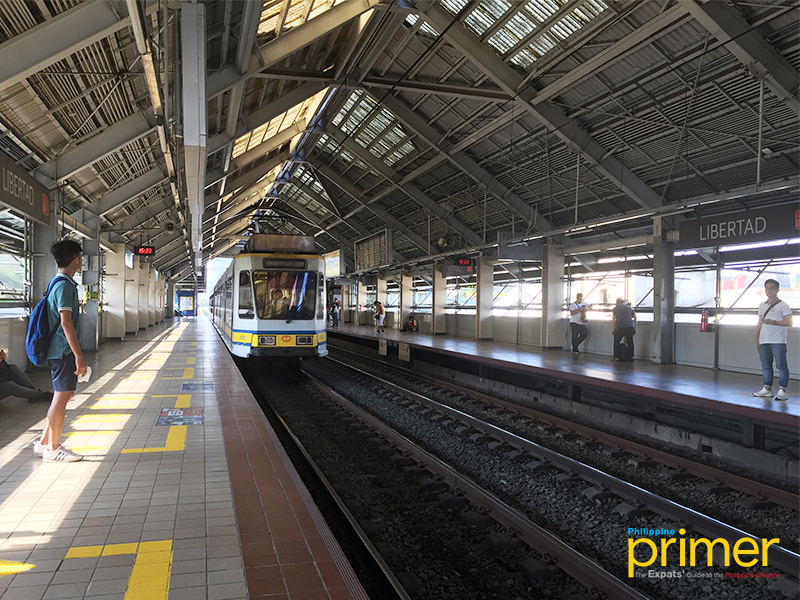 As a safety precaution, passengers must stand behind the yellow lane on the platforms to avoid getting hit or falling on the tracks.
As a safety precaution, passengers must stand behind the yellow lane on the platforms to avoid getting hit or falling on the tracks.
Meanwhile, the LRT Line-2 or the Blue Line has the shortest routes among the existing LRTA monorails. The LRT-2 is a way of going through the Metro from East to West starting in Recto station in Manila and ending in Santolan, Marikina.
Also read: Expats’ guide: LRT2 Stations
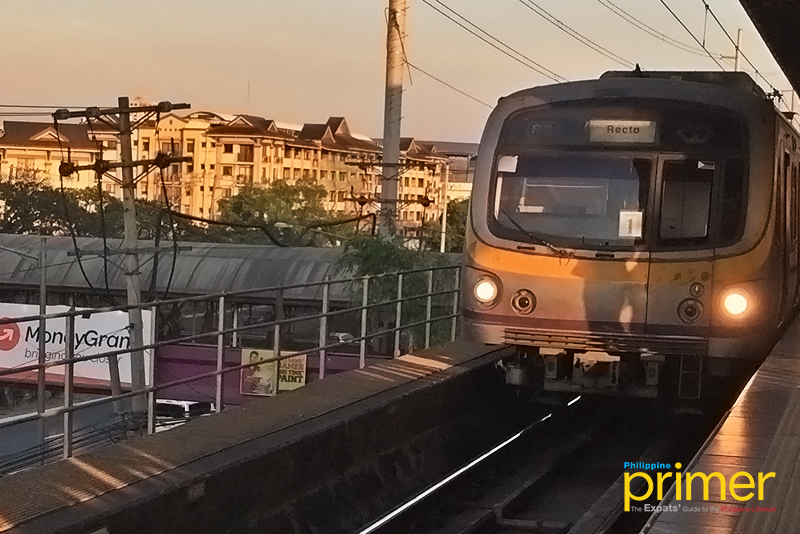
The LRT-2’s Araneta Center- Cubao Station connects to the MRT through the Gateway Mall and Farmer’s Plaza mall.
The Philippine National Railways (PNR)
Perhaps the most encompassing of all the railway transit systems in the Philippines is the Philippine National Railways (PNR), stretching thousands of kilometers and extending beyond Metro Manila.
It used to span the entire island of Luzon, from La Union to Bicol and has been in operation since November 24, 1892. For now, passengers can travel from Tutuban in Manila City all the way to Calamba, Laguna in the south.
Also read: Expats’ Guide: PNR Stations
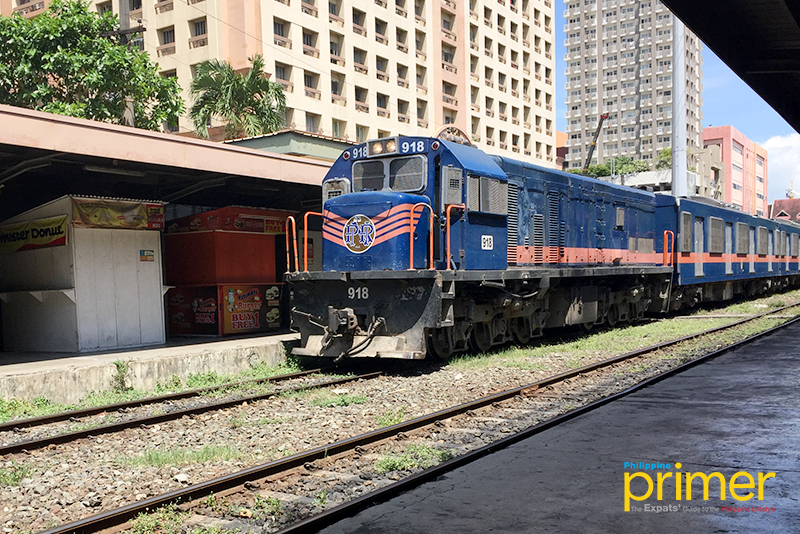
Currently, the government is working to build the Mega Manila Subway Project, which is a 57.7-kilometer underground rapid subway that would serve as the second north-south mass transit backbone for the newly expanded Greater Capital Region.
Makati and Taguig local governments and private entities are also building a Skytrain to link the two cities to benefit over 60,000 commuters daily. These future projects hope to lead the way to a more sufficient rail system in Manila.
Also read:
May this guide you in using the major railway systems in the Metro! Remember to keep your ticket while inside the train before leaving the station of destination for an inspection!
Article by Arvee Gomez
Sources: DOT website, Light Rail Transit, Philippine National Railways, Rappler, CNN Philippines, The Metro Rail Transit









